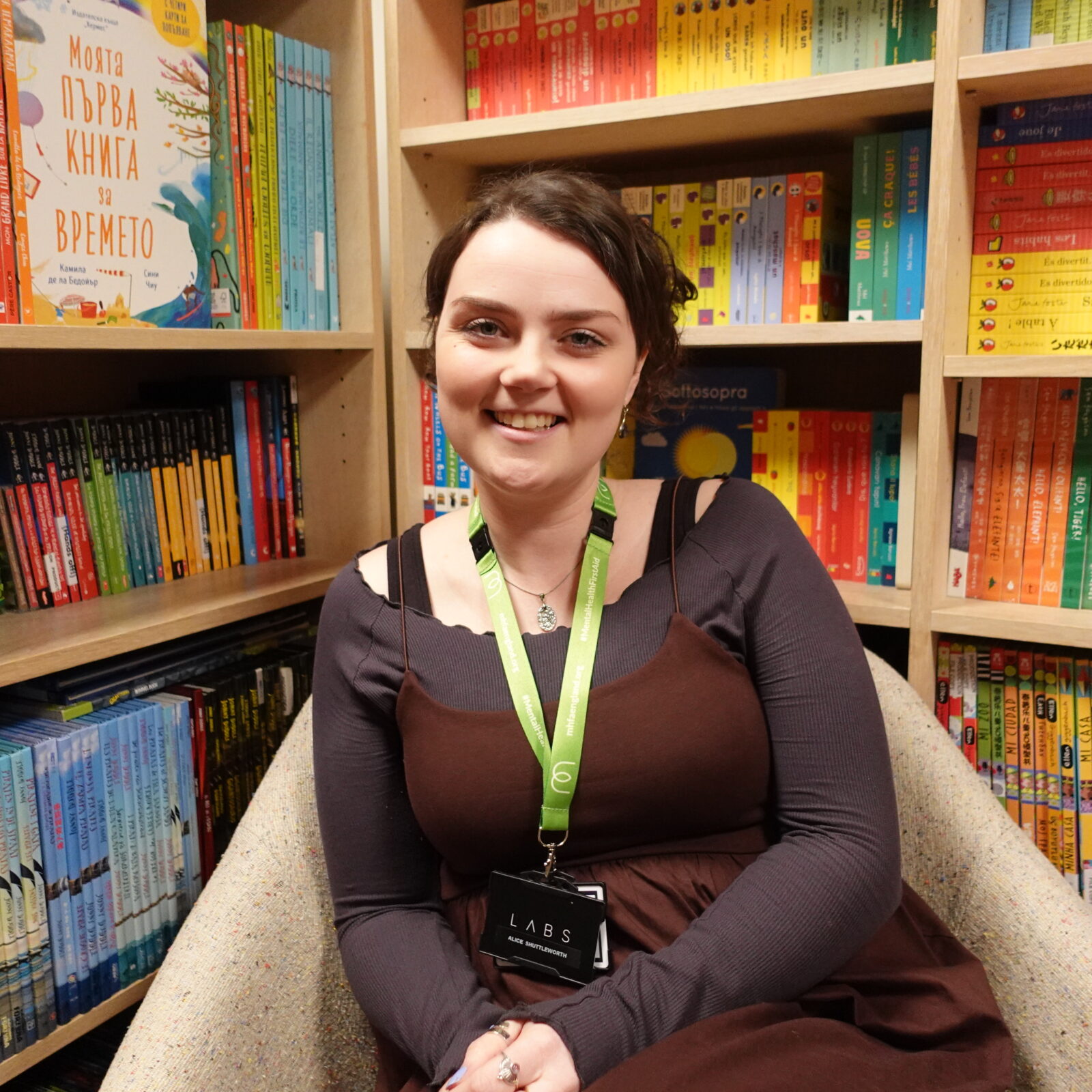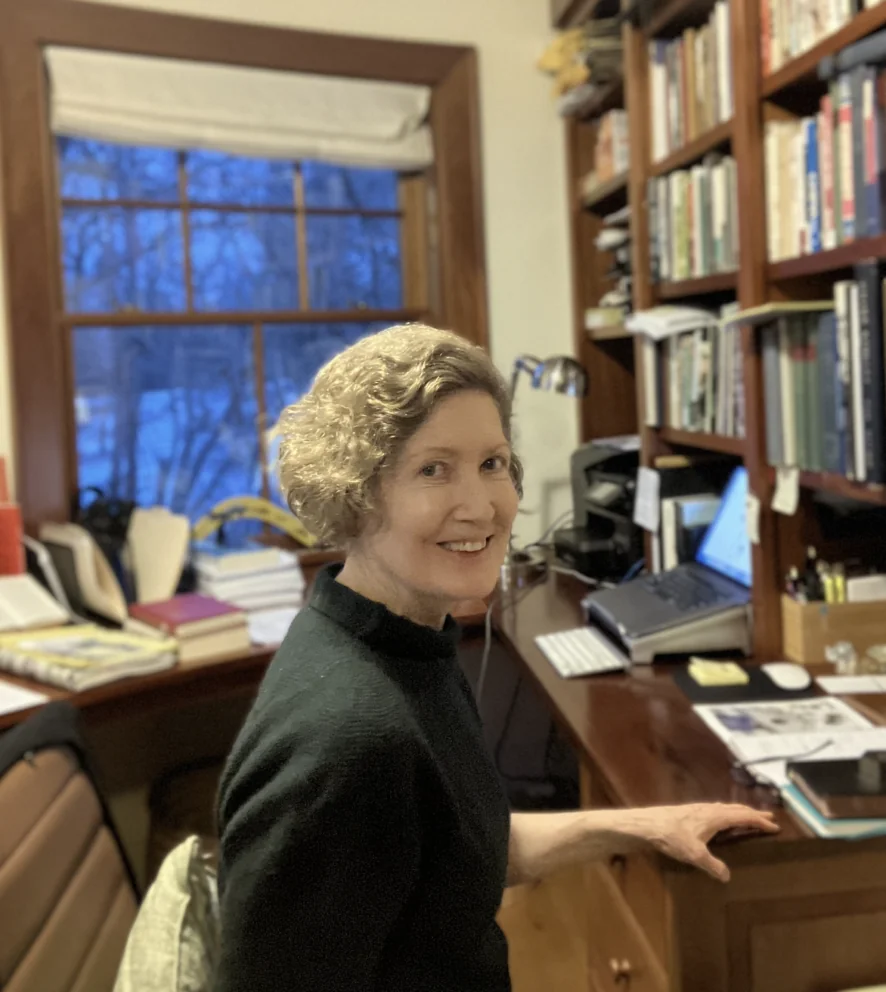
Ever pondered how royalties reach our authors? In the latest instalment in our series providing an insight into life and careers in the publishing industry, we’re speaking with royalties assistant Alice Shuttleworth.
I’m in charge of…
The record keeping of royalties payments. Royalties are sums of money paid by the publisher to the author for their work – and calculated as a percentage of each sale.
My team receives royalty statements (sometimes via post or an online portal, but usually over email) from all over the world, and it’s my job to input the number of sales and the amount of royalties earned into our software system, Biblio. Three months after the end of each royalty period, we’ll conduct our “royalty runs” – a seriously busy time! – where all this information will be collated onto our statements as we inform agents, authors, illustrators, and proprietors how much royalties have been earned, whether advances have been earned out, and if payment is due.
Most days I upload dummy contracts onto Biblio. These are very simple, bare bones contracts which are drafted up prior to an official contract being signed, and provide other teams at Bonnier with information on the contracted parties, the territories, and the advances. Once head contracts are completed and signed, these dummy contracts are then fleshed out by me to include royalty rates, acquired subrights, royalty retentions, and an opportunity to double check that the terms laid out in the dummy contract remain the same.
My first task of the day…
Is to open up my emails and have a quick scan for anything urgent or any follow ups to email threads from the previous day. I also check our royalties team inbox and flag anything that needs querying by my manager, or things which I need to follow up on. If there’s nothing that needs addressing immediately, I usually like to start my morning uploading some dummy or head contracts onto Biblio. I find this switches my brain into “royalty mode” and gets me into the swing for heavier number-based royalty tasks later on in the day!
The thing I look forward to the most…
This might sound strange, but I actually love inputting royalty statements! I never would have believed that I would enjoy it so much when I first started, as initially the statements look really daunting as they’re full of numbers and are often in a foreign language. But once you know what to look for, your brain zooms in on the information you need and you become much quicker at deciphering statements. There’s something so satisfying about inputting the earned royalties and sales onto Biblio, and seeing them match up perfectly with what’s on the statement… It’s the little things!
What nobody else knows about my job…
It actually involves quite a bit of detective work and sleuthing! Sometimes statements aren’t straightforward to interpret, or we get some queries that aren’t a quick fix, and so you have to think on your feet and figure out workarounds to find the information you need. This will involve searching on Biblio, and chatting to colleagues in accounts, rights, and editorial – anybody who might be able to provide the crucial clues! It can be a challenge, but I love the variation it gives to my day and how quickly it enables me to get to grips with my role.
How I got the job….
I had been working as a manager and finance administrator at a school prior to joining Bonnier. I was also just about to finish my MA in Children’s Literature, and the combination of the two just made perfect sense for going for a royalty job at a book publisher. I genuinely love admin and problem solving and it was appealing to learn a completely new skill. My time working at the school gave me a thorough grounding in putting together spreadsheets, recording financial info, chasing statements and liaising with team members. People often think royalties is all about crunching numbers and tricky equations. But I didn’t do maths at A-Level, I just got to grips with Excel. It’s not crazy algebraic formulas on anything like that. It’s largely logic.
My advice for anyone breaking in…
Don’t worry if you don’t have experience in publishing or a degree that’s directly relevant. In my experience, having transferable skills and a genuine passion to learn and be out of your comfort zone is important too.
The path I might have chosen…
I took Theatre Studies at A Level and I really loved learning about lighting tech. I sometimes think I wish I’d pursued that further. I would have had a lot of fun designing stage lighting for live productions!
Get an insight into other roles across the publishing industry at our Work in Publishing hub.



